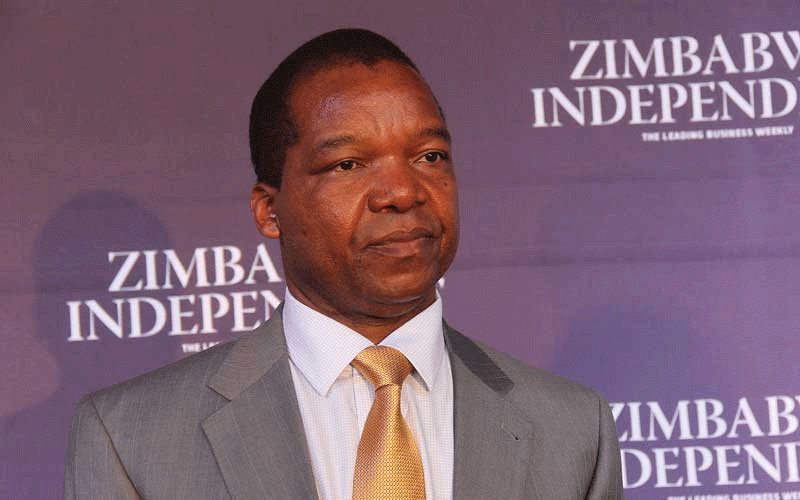
THE Reserve Bank of Zimbabwe (RBZ)’s Monetary Policy Committee (MPC) has asked for an increase in the proportion of taxes to be paid in the local currency to boost the use of the Zimdollar amid growing dollarisation.
Official statistics show that foreign currency transactions make up 80% of payments with the remainder being made in local currency.
This is because the Zimdollar has lost more 700% of its value year to date.
But Treasury maintains some tax payments in foreign currency.
In a statement yesterday, RBZ governor John Mangudya said the requirement by the government for companies to settle an increased proportion of tax obligations on quarterly payment dates (QPDs) helped in stabilising the exchange rate and the inflation rate.
“The MPC noted that the requirement by government in June 2023 that companies should settle an increased proportion of tax obligations on quarterly payment dates (QPDs) in local currency created the much-needed demand for the local currency, which is critical in sustaining exchange rate and inflation stability,” Mangudya said.
“The MPC also underscored the need for government to continue increasing the proportion of taxes settled in local currency to sustain the optimal mix of dual currencies.”
Mangudya said the MPC remained committed to pursuing a tight monetary policy stance to safeguard the prevailing macroeconomic stability and ensure that inflation expectations remained anchored in the short to medium term.
- Zimbabwe is closed for business, says think tank
- New perspectives: Reconfigure Zimbabwe’s economy for recovery
- Zimbabwe is closed for business, says think tank
- New perspectives: Reconfigure Zimbabwe’s economy for recovery
Keep Reading
The stability includes maintaining the bank policy rate at 130% and the medium-term bank accommodation facility interest rate for the productive sectors, including individuals and micro, small and medium enterprises, at 75%.
Mangudya said these rates would be reviewed according to inflationary developments.
The MPC also advised the government to extend fiscal and non-fiscal incentives for foreign direct investment (FDI) to diaspora investments in the country, given their importance.
Calls for these incentives come as foreign currency inflows increased to US$9,44 billion as of the end of the October, a 2,3% increase from the 2022 comparative of US$9,23 billion.
FDI inflows to Zimbabwe have been on a decline, from US$745 million in 2018 to US$342 million last year.
“The foreign currency inflows have been supported by diaspora remittance flows which have consistently surpassed foreign direct investment, portfolio investment, and official development assistance since 2009. Diaspora remittances alone contributed 16% of the country’s foreign currency inflows as at October 31, 2023,” Mangudya said.









